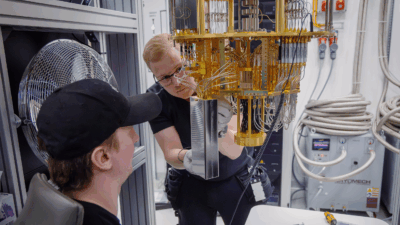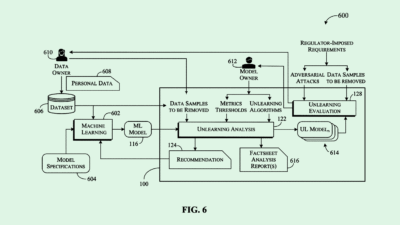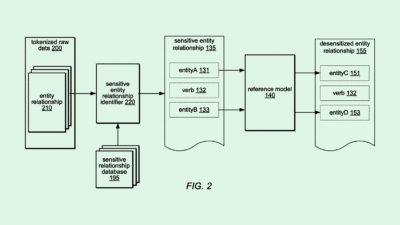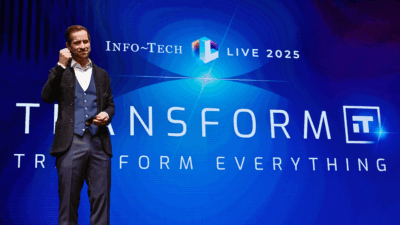What Enterprises Actually Need to Know About Quantum
“There are still going to be things that classical computers are better at.”
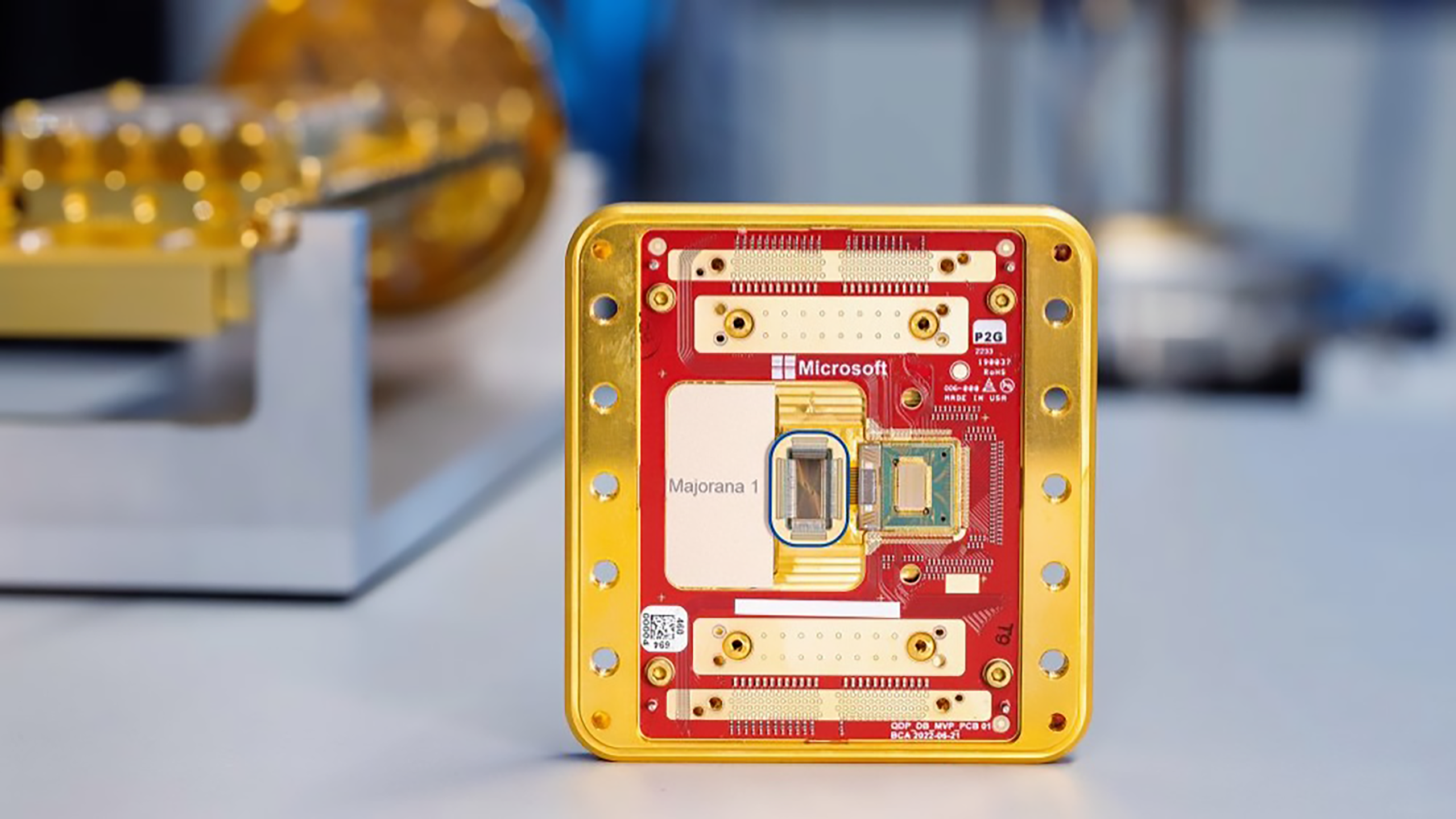
Sign up to get cutting-edge insights and deep dives into innovation and technology trends impacting CIOs and IT leaders.
Quantum computing development is picking up fast. But are enterprises actually ready for it?
The past several months have been ripe with quantum announcements, with the most recent coming from Microsoft. The company last week introduced Majorana 1, a quantum chip powered by “topological core” architecture that it claims can “offer a path to developing quantum systems that can scale to a million qubits.”
Microsoft’s focus on quantum mirrors that of other tech giants: Google announced its Willow chip earlier this year, which it claims can perform calculations in five minutes that would take a supercomputer 10 septillion years; and Amazon AWS debuted Quantum Embark in November, a program aimed at helping businesses prep for the quantum future. Microsoft also promised last year that it would launch a commercial quantum computer in 2025.
But the reality is that, despite the recent uptick in hype (and Microsoft’s claims that the tech might be ready in “in years, not decades” — “these breakthroughs take a while,” said Clyde Williamson, senior product security architect at Protegrity.
While people weren’t thinking about quantum computers seven years ago, “now it’s in the news. And so every breakthrough … I think they do get blown out of proportion a little bit. We’re still years away from a real quantum computer,” said Williamson.
The dawn of quantum also brings a brand new set of problems, Williamson said. For example, quantum computing might exacerbate issues with current data systems. To put it simply, existing data infrastructure has inherent limitations that are already creating problems in generative AI training, as models can’t tell when a dataset contains gaps in context or information.
And that issue exists when we’re just talking about ones and zeros. Quantum computers exist in “superposition,” a state in between our current binary, creating a whole new type of data. This makes data storage even more complicated, said Williamson. “I think it will have a big impact on data lakes as quantum computers become a reality.”
As it stands, the use cases for the theoretical tech lie in the lab, said Troy Nelson, CTO of LastWall. These devices will fit best in applications such as quantum chemistry for new drug development, materials discovery that could “revolutionize our energy industry,” or weather modelling.
- “Quantum computers compute in different and strange ways than classical computers. And there are still going to be things that classical computers are better at,” said Nelson.
- For the average enterprise, quantum might not have much to offer for the foreseeable future, said Williamson. The powerful calculations that these devices can crunch aren’t going to be necessary in contexts like sales or HR.
“There’s a lot of noise right now and I’m not sure how warranted the noise is for most organizations in their day-to-day business,” Williamson added.
So what do enterprises need to know amid all the noise around quantum? For now, instead of prepping for how to use it, it may be more important to proactively protect your business against its capabilities, said Nelson. Right now, the “alligator nearest to the boat” is that quantum computing is coming for modern-day encryption technologies, he said.
Though this tech has the capability to turn cryptography on its head, it’s a reality that many have been preparing for: The National Institute of Standards and Technology announced the approval of quantum-resistant algorithms back in August.
The problem is actually getting enterprises to make the switch to these standards before quantum development gets too far, said Nelson. “Now begins the very long, very expensive cycle of everyone updating their cryptography — which is also going to be a multi-year cycle.”






